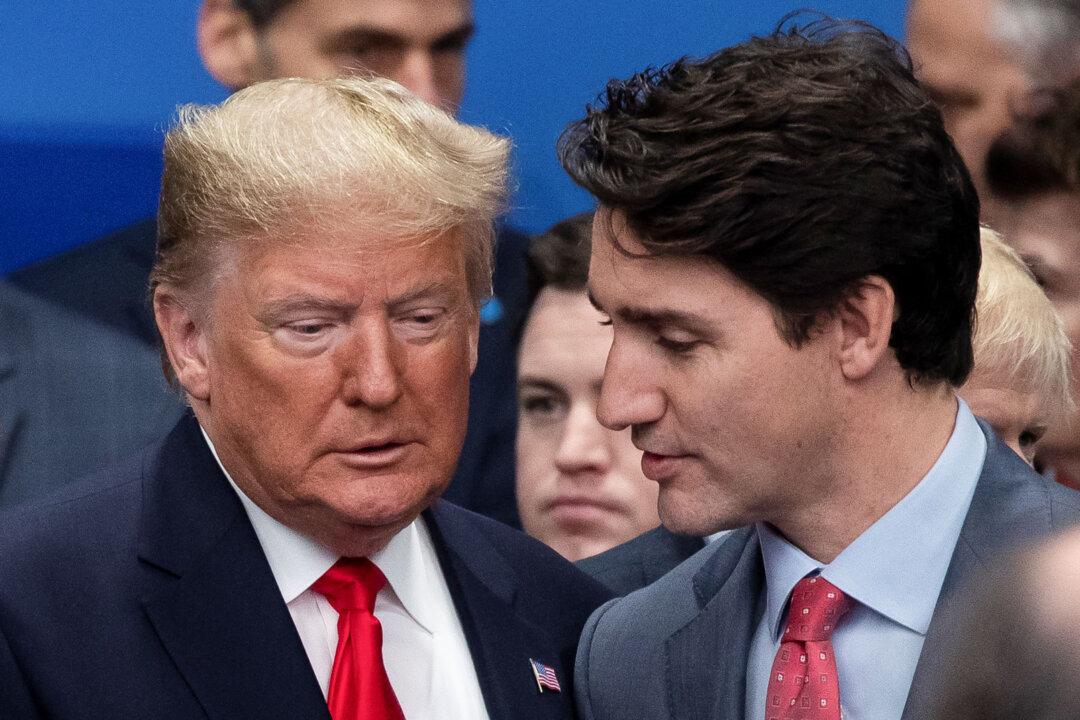President Donald Trump’s economic adviser Kevin Hassett said that Canadian officials have “misunderstood” the tariffs proposed by the Trump administration on Canada, Mexico, and China as being part of a broader “trade war.”
“The good news is that in our conversations over the weekend, one of the things we’ve noticed is that Mexicans are very, very serious about doing what President Trump said,” Hassett, the director of the White House’s National Economic Council, said on CNBC on Monday.





